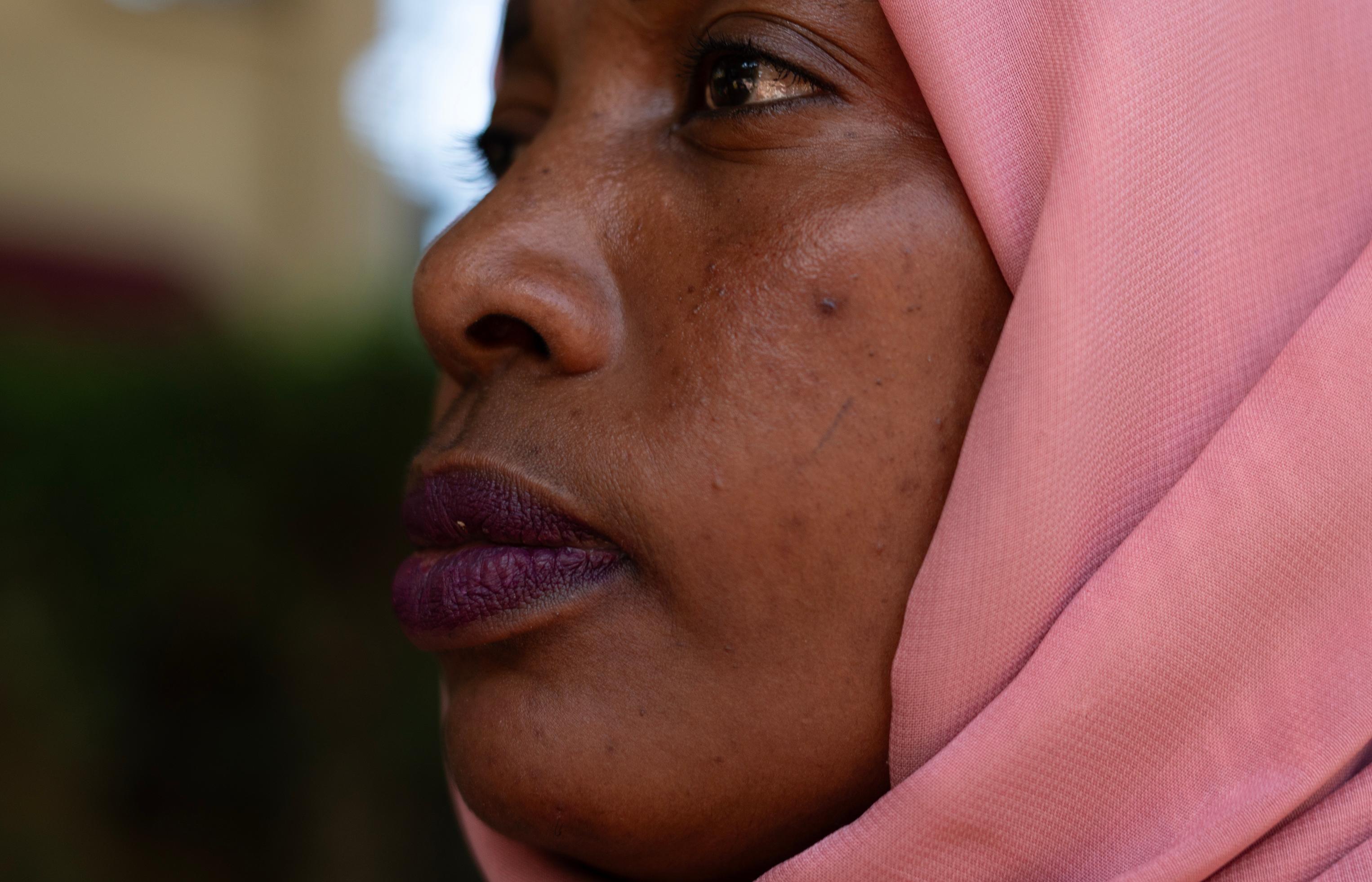
Female, Focus Group Discussant, Khartoum, Sudan
Key findings 2
Countries where coups have taken place also score low on global indices linked to development and governance. This does not mean that coups are inevitable in low-development countries. Rather, these rankings reflect the lived experiences of millions of lives marred by exclusion and an infringement of rights.
Grievances about such circumstances create a base of frustration that coup leaders can readily harness. While low development contributes to coup risk, coups further undermine development prospects, as economic activities and investment typically stall after a coup. The result is a vicious cycle where low development is both a driver and an effect of coups. For instance, earlier coups in Guinea (2008) and Mali (2012) had left each country with an accumulated loss of US$12.1 billion and US$13.5 billion, respectively.
Recommendations
While coup risk is often discussed in a security framework, linkages between development and coup risk have not been sufficiently acknowledged or optimally leveraged.
Applying a development lens tells us a lot about how coups can be understood, responded to, and prevented.
Addressing the structural and institutional factors that feed into grievances and which, in turn, create readily triggered proximate factors is a critical pathway for longer-term coup prevention, or ‘coup-proofing’.
Loss of GDP caused by military coups

